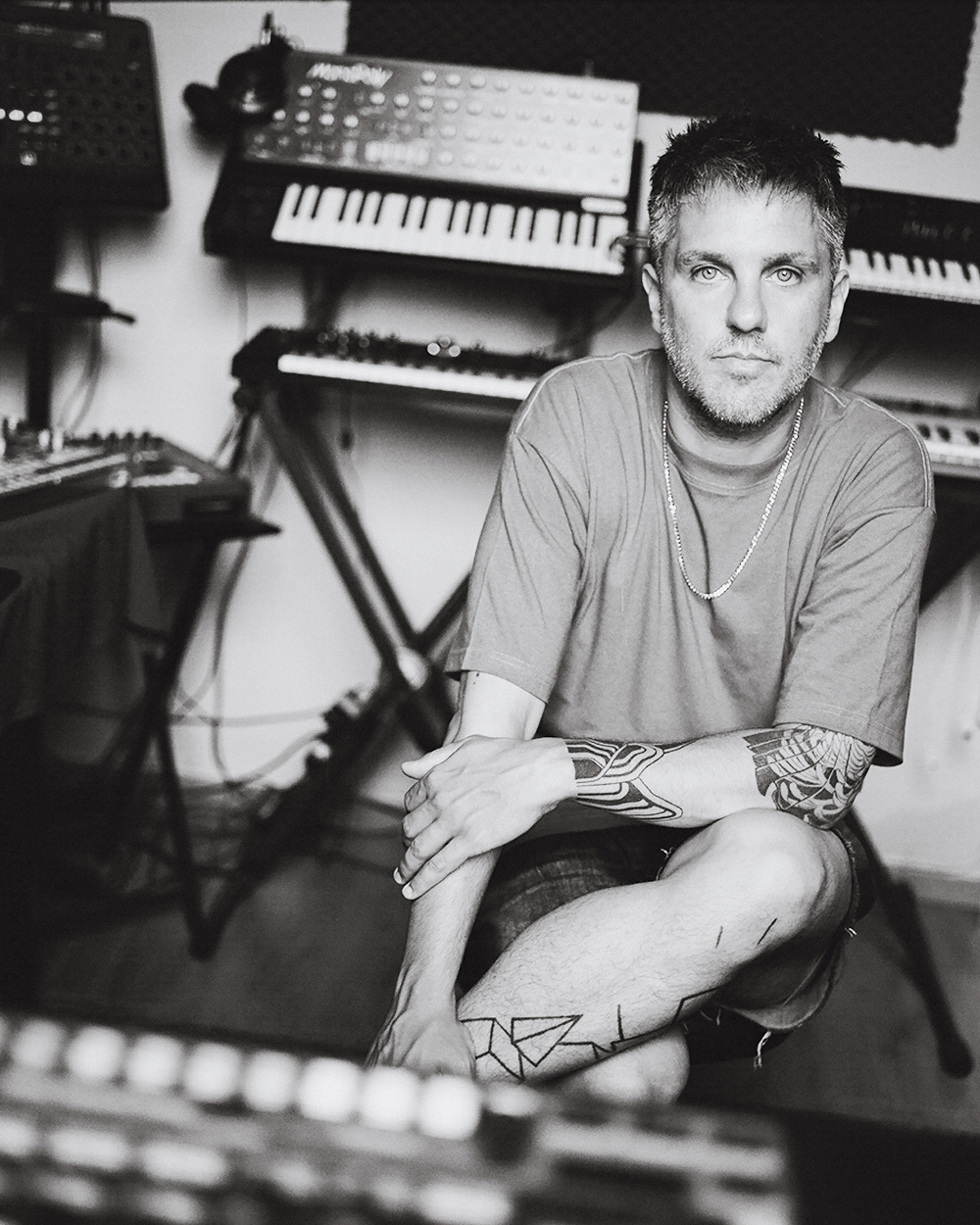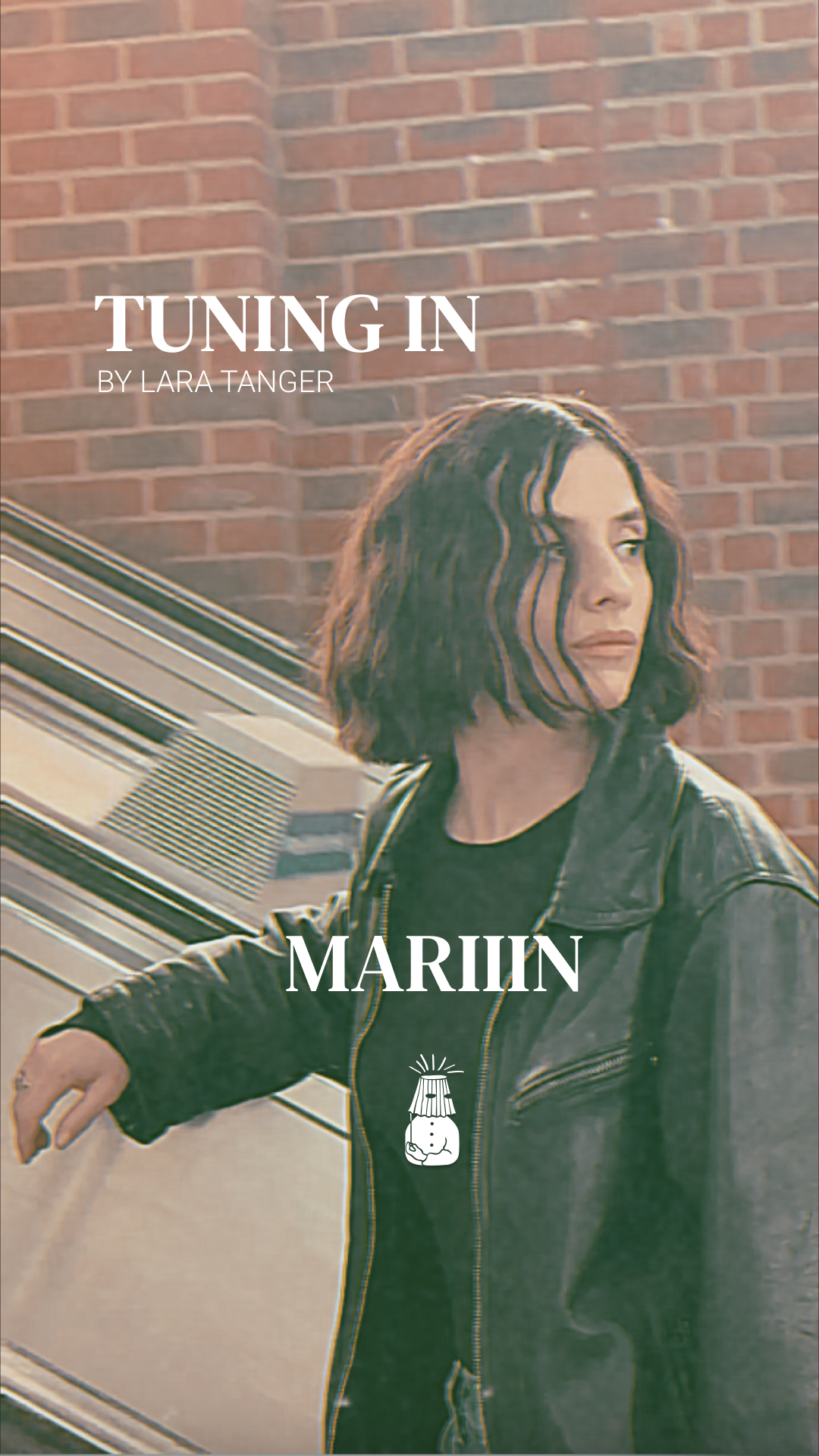Embracing Growth and Creativity
In the vibrant and diverse world of art and music, criticism plays a vital role in shaping and evolving creative expression. Artists and musicians face criticism in various forms, ranging from constructive feedback to scathing reviews. While criticism can be a challenging experience, it is important to recognise its potential for growth and development. This article delves into the art and music community's relationship with criticism, its impact on artists and musicians, and strategies for navigating and embracing criticism as a catalyst for creativity.
Understanding the Role of Criticism
Criticism serves as a vital component of the art and music community. It fosters dialogue, encourages self-reflection, and pushes artists and musicians to refine their craft. Constructive criticism provides artists with valuable insights, helping them identify strengths and weaknesses in their work. By recognising areas for improvement, artists can refine their techniques, experiment with new ideas, and elevate their creative output. However, criticism is not always constructive or objective. Artists and musicians often face subjective judgments and negative feedback, which can be disheartening and demotivating. It is crucial to differentiate between constructive criticism and destructive negativity, and not let the latter deter artistic growth.
The Impact of Criticism on Artists and Musicians
Criticism has a profound impact on the mental and emotional well-being of artists and musicians. Artists invest their time, energy, and passion into their work, making criticism of their creations feel intensely personal. Negative criticism can evoke self-doubt, feelings of inadequacy, and even discourage artists from pursuing their artistic endeavours. The music community, in particular, has witnessed numerous instances where artists have faced severe backlash for their work. With the rise of social media, public opinion and online forums have become platforms for unfiltered criticism, often leading to cyberbullying and trolling. These experiences can be detrimental to an artist's mental health and creative spirit.
Navigating Criticism: Strategies for Artists and Musicians
Embrace a Growth Mindset: Adopting a growth mindset is crucial for artists and musicians to navigate criticism effectively. Understand that criticism is an opportunity for growth, and view it as a stepping stone rather than an obstacle. By approaching criticism with an open mind, artists can extract valuable insights and use them to refine their craft.
Seek Constructive Feedback: Surrounding oneself with a supportive and knowledgeable community is essential.
Seek feedback from mentors, peers, and industry professionals who can provide constructive criticism. Engage in discussions, workshops, or critique sessions to gain fresh perspectives and learn from fellow artists.
Develop Resilience: Building emotional resilience is vital to withstand criticism. Remember that negative feedback is often subjective and influenced by personal preferences. Develop a strong sense of self-belief and recognise that no artist can please everyone. Embrace criticism as an opportunity to grow and evolve, rather than allowing it to dampen creativity.
Practice Self-Care: Engaging in self-care activities is essential to maintain mental and emotional
well-being amidst criticism. Take breaks, practice mindfulness, engage in hobbies outside of art and music, and surround yourself with a supportive network of friends and family. Prioritise mental health and seek professional help if needed.
Use Criticism as Fuel for Creativity: Transform negative criticism into a catalyst for creativity.
Channel the emotions evoked by criticism into your art and music. Allow the experience to inspire new ideas and perspectives, pushing your boundaries as an artist or musician.
With over seven years of active involvement in London's music scenes as both a raver and observer, music lover since 2001, and founder of an electronic music label, I have gained extensive experience within the electronic music community.Through countless conversations about music, shared experiences, and life in general, I have come to recognise and appreciate the uniqueness and diverse abilities of individuals. Regardless of our diverse backgrounds, cultures, skin color, sexual orientation, or beliefs, we are all interconnected as human beings with distinct roles on this planet. Every person, without exception, possesses a purpose and role in this world. However, the most important aspect is our collective responsibility to educate, respect, and love one another, acknowledging that we are all connected to nature and the Universe. Bearing this in mind, it is crucial that we foster growth and support within our community in the best possible way.
We must be mindful that harsh and unwarranted comments on someone's work can have a profoundly negative impact, potentially undermining their confidence and even leading to devastating consequences. As a Rapid Transformational Therapy® (RTT®) practitioner, I am raising awareness of the importance of empathy and the detrimental effects that blame, criticism, and dismissive comments can have on each individual. It is best to refrain from criticising work that we do not personally appreciate, opting instead to choose avoidance. There is room for each of us to express our talents and contribute to this world, and it is crucial to remember that the opposite of love is not hate but rather indifference. Bearing this fundamental truth in mind, it becomes imperative that we nurture growth and support within our community in the most compassionate and effective ways possible. It is essential to recognise that every individual faces self-doubts, creative blocks, and battles with depression and anxiety at some point in their lives. These struggles are inherent to our personal growth journeys. However, we must eliminate the critical factor of judging one another. No one person is inherently superior to another; the only distinction lies in the varying levels of knowledge we possess. Each of us has mentors and teachers who play a vital role in our education.
We can observe how large companies and social media platforms collaborate, realising the power and benefits of unity. They have come to understand that by working together, they can achieve more and make a positive impact. We can do that too.
By seeking constructive feedback, developing resilience, prioritising self-care, and transforming negativity into inspiration, we can navigate the world of criticism with grace and emerge stronger and more creative than ever before.
Let's foster a community that embraces and celebrates the diverse expressions of art and music, united in our shared pursuit of creativity and understanding.


















